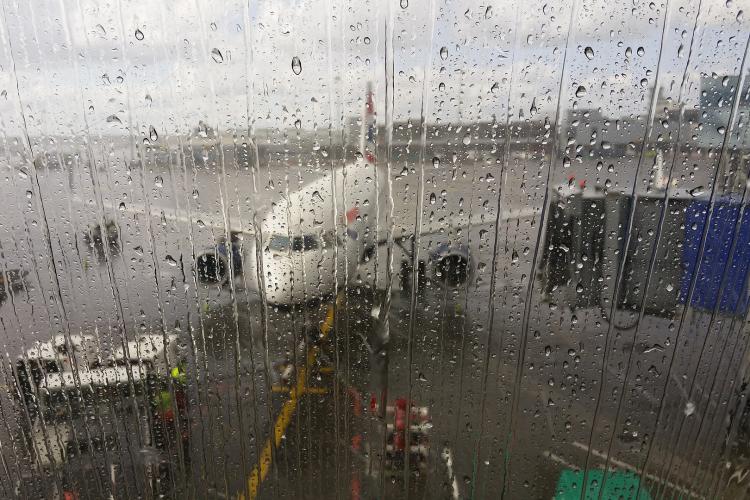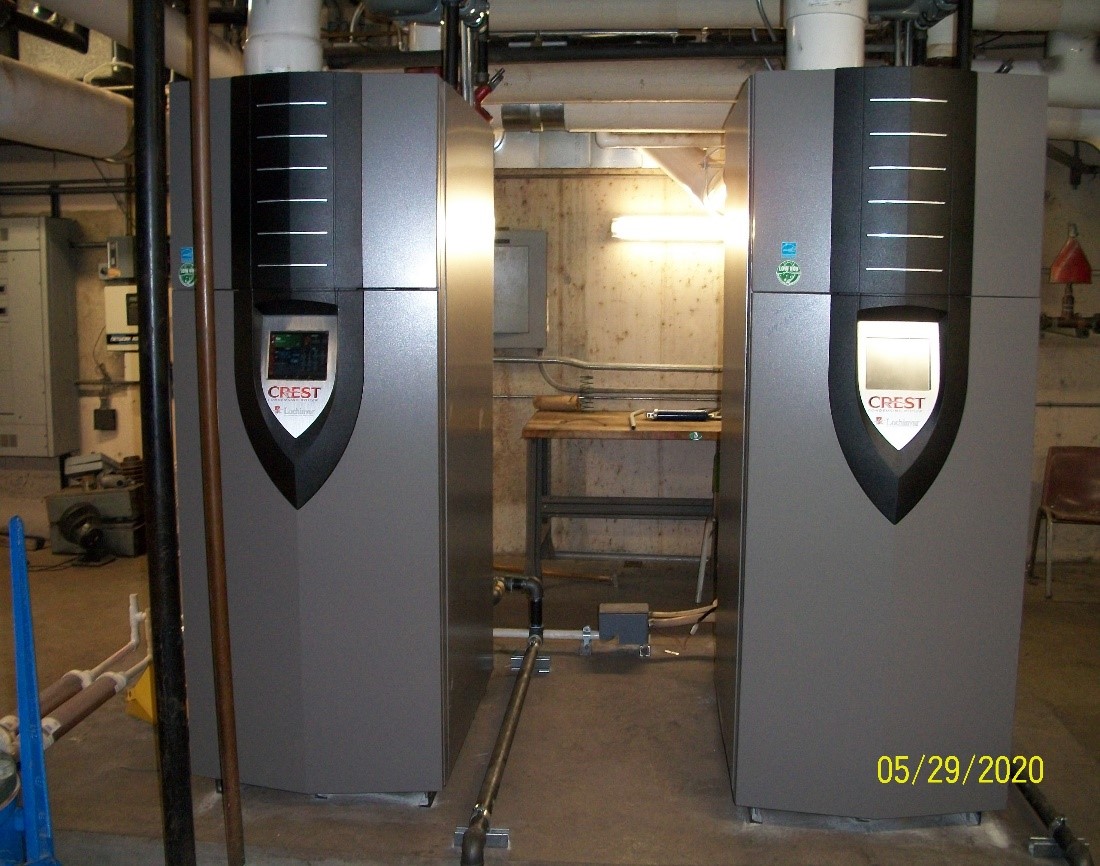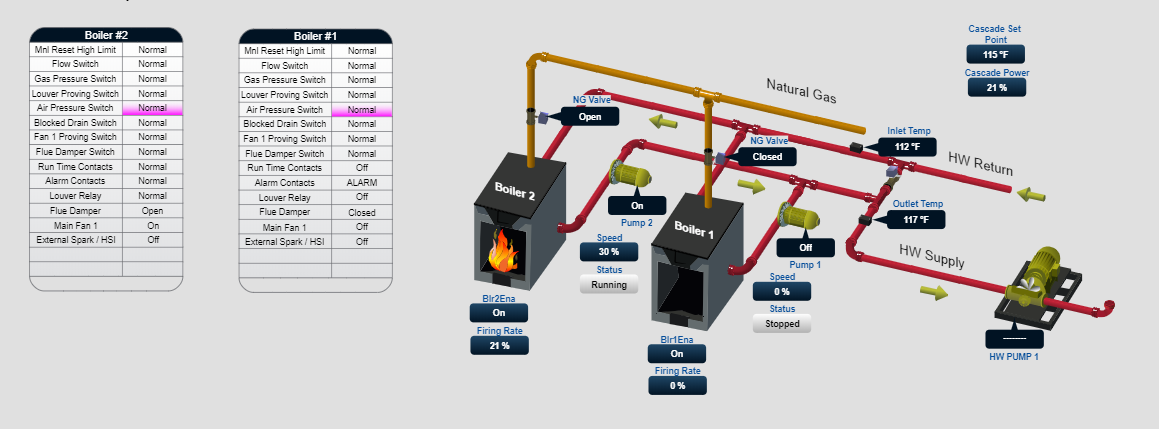
The Project
St. Louis’s Lambert International Airport, servicing more than 250 flights per day, recently underwent a significant boiler replacement project for its operations building. The project was spearheaded by operations staff in efforts to not only modernize the equipment, but also save energy and lower costs. As a result of its success, along with skills and knowledge attained through BOC training, the airport’s operations staff strives to achieve energy efficiency while decreasing energy costs.
According to the airport’s Supervising Stationary Engineer and BOC graduate, Joe Difani, the 40-year-old boilers needed constant maintenance and were breaking down often. As normal wear and tear took its toll on this equipment, the repairs were tedious, and finding new parts for the boilers was becoming increasingly difficult. The heating and cooling systems were so out of shape, they would often work against each other, significantly increasing the airport’s energy bill, signaling to operations staff that it was time for replacement.
Energy efficient boilers were a priority for the replacement, so Ron Stella, Lambert Airport’s Director of Operations, had his staff research options with high efficiency ratings. In September 2019, preparations were made for the installment of Lochinvar Crest boilers, which hold a 96.2% efficiency rate. The new boilers were installed in October 2019 and were tuned over the next few months. By the beginning of January 2020, the new boilers were successfully tuned to meet the heating requirements of the 161,536 square foot airport office building.

The Benefits
Before the installment of the new boilers, the operations office building incurred $32,496 total in gas bills from January to April of 2019. From January to April of 2020, with the new boilers installed, the cost of gas was reduced to just $11,813 - the operations staff has recorded a total savings of $20,863 since the installment of the new boilers.

In December 2019, Difani was made aware that the airport's gas provider, Spire, was offering rebates for the installation of high efficiency equipment in buildings. Upon approval of the rebate application, the airport office building received an $11,994.00 rebate from Spire. With this rebate, the first four months of gas in 2020 were virtually paid for. “Not only did we get a rebate, but we will also be seeing long-term energy savings that are good for the pocketbook and the environment,” Difani exclaimed. Moving forward, the airport expects to see even greater savings on their gas bills.
The Influence of BOC
After completing the BOC Level I training in St. Louis, Missouri in 2019, Joe Difani reached out to MEEA to express the many ways in which BOC training has benefitted him as an energy professional. He shared that the training broadened his perspective on energy efficiency by proving these goals can usually be achieved before making equipment replacements. By applying knowledge gained through BOC, one can learn to operate already-existing equipment more efficiently by making improvements and repairs and help identify when it is time to replace older equipment with higher-efficiency options. In some cases, cutting down on energy usage and costs can be accomplished by adjusting your scheduling, start and end times, temperature settings or other no-cost maintenance procedures—one of the many lessons from his BOC classes that Difani found useful. “…This is the perfect training to help you see and think about all the ways efficiency can be improved overall,” he explains.
Difani attended BOC training while the boiler replacement project was taking place, and said the training influenced him to make choices and plans that would contribute to the airport’s efficiency. For instance, after he attended BOC 1004, he thought about the possibility of changing pneumatic controls to digital controls for the airport’s intended Building Automation System upgrade, in order to save electricity. Difani attributes BOC with refreshing topics he learned in college, while providing him with a new skillset based on high efficiency: “BOC training helped [me] remember some of the basics and gave me a wealth of new knowledge and taught me to see some things from different angles.”
Plans for the Future
Hoping to build on their recently established energy efficiency, the airport’s operations staff plans to add a variable frequency drive to their hot water pump and control valves to their air handlers in the near future. These installments, in turn, would result in the reduction of the airport’s electricity consumption. With improved temperature control, the boilers could potentially be turned off during warmer months, decreasing the cost of electricity and gas in tandem. Beyond these large-scale adjustments, Difani said operations staff will continue working on smaller projects to help achieve energy efficiency goals. “These small things, mostly adjustments and minor repairs, are no-cost or low-cost things that will help increase the efficiency of the whole building,” he explained.
>>> Get BOC Certified Want the skills to improve your facility and take your career to the next level? BOC is offered in 11 states throughout the Midwest. Find a training today at http://www.boccentral.org/. <<<